My Experience At 1853 Communications
1853 Communication is a student-run public relations firm that gives students the
opportunity to operate in an office-like environment. Providing real world experience this class
showed me the importance of everyone doing their part to achieve a goal. Before taking this
class I had no idea what public relations actually was and what it was used for. I believed that
PR is just to make something look good so that it will make people want to buy, listen, or watch
whatever that product is but this class has shown me that it is much more than that. Public
relations is informing the public and giving them important information about specific issues. It is
also used to connect companies or people to the public and give an insight of what or who they
are so that they can have the support of the public. This class truly felt like we were working in a
PR firm in the way that we worked together to get work done but also as we worked individually.
Being a student working for a student agency was an awesome experience because it opened
my eyes to a world of public relations and jobs that are available that I didn’t know existed
before. This PR firm allowed everyone to grow in their skill with creating fundraisers, making
newsletters, PR trips, important speakers, and writing fun articles. This student firm has
enlightened me on what it takes to be a part of a well run public relations firm and shape my
understanding of the field.










